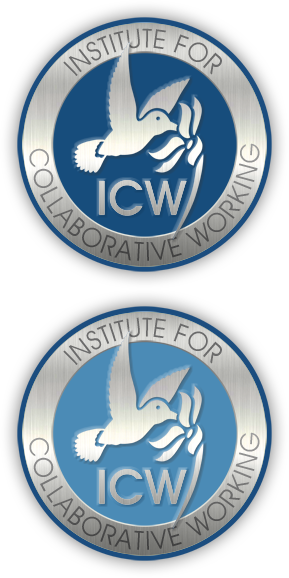 Have you thought about how you disengage from a partner? Have you thought about how you disengage from a partner?
Although disengagement is the last stage in the relationship, it's important that the consequences are addressed early and agreed through set-up and managing the relationship. A disengagement strategy should not be confused with contract termination. Its purpose is to focus on how the partners plan to exit a collaborative initiative and ensure business continuity and customer support are not compromised or damaged. It's important to consider how your staff may start to behave differently as you near the end of the contract and they may feel uncertain regarding future employment. Also, some of your staff may be seconded to work with your partner and be used to working in their processes and culture. A jointly developed approach is crucial. There is always the opportunity to work together again in future - so make it professional, reasonable and a fair disengagement approach.
|


 Have you thought about how you disengage from a partner?
Have you thought about how you disengage from a partner? Do you take the time to learn?
Do you take the time to learn?